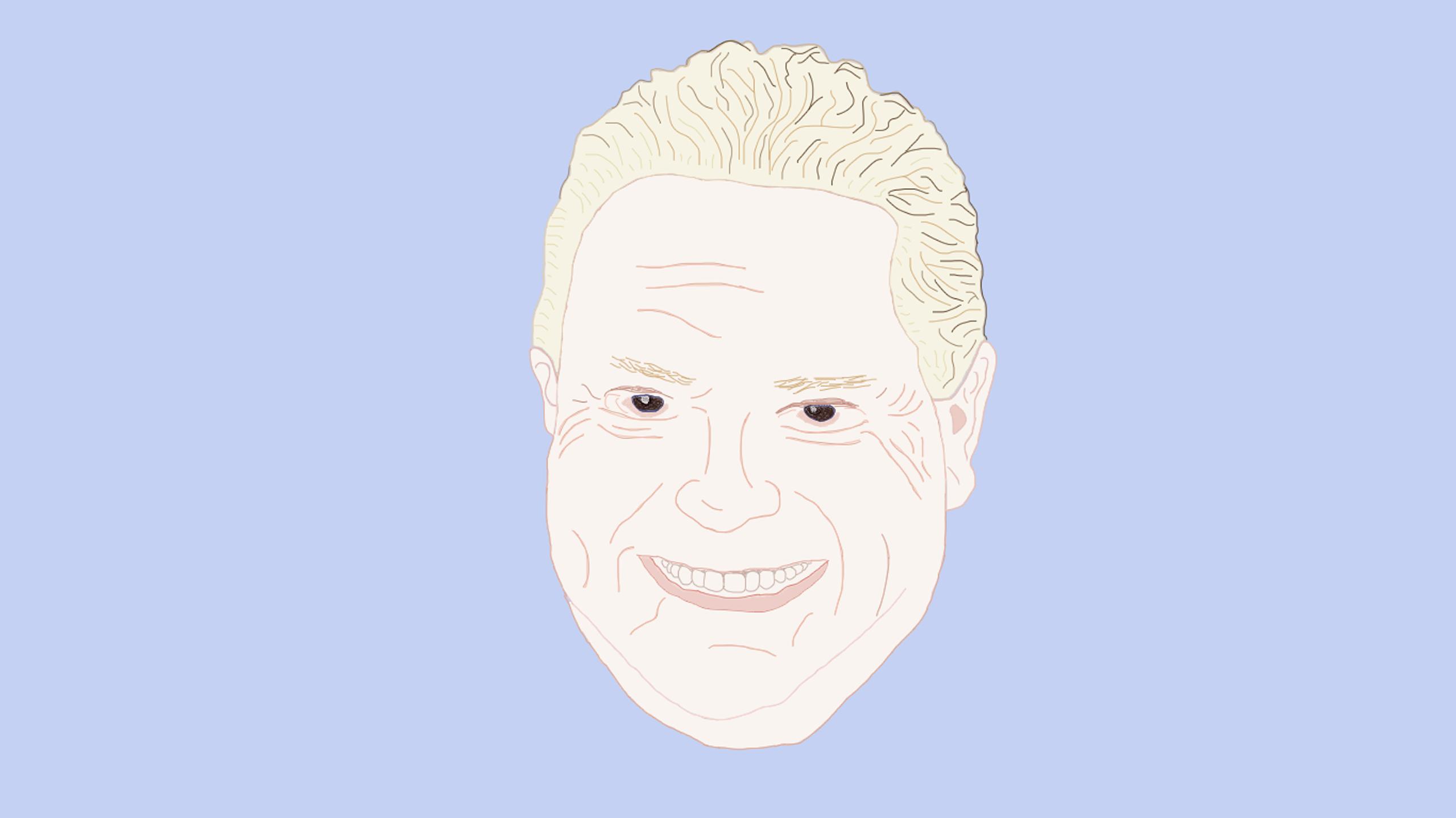By Emerald Bensadoun and Maggie Macintosh
During a press conference two weeks ago, the provincial government demanded Ryerson, along with every other publicly-funded university and college in Ontario, defend controversial speakers and student groups on campus by creating free speech policies—or face operational funding cuts.
The policy was announced Aug. 30, giving Ontario campuses four months to develop and publicly post their own free speech policies that meet a minimum standard laid out by the government.
The new policies must protect free speech and also ensure hate speech and discrimination are banned on campus.
Ryerson administration was already in the midst of finalizing a new free speech policy when Ford’s surprise announcement was made. The university decided to review the university’s current free speech statement, which was published in 2010, after Ryerson cancelled an August 2017 panel discussion. The panel featured controversial University of Toronto professor Jordan Peterson, known for criticizing gender-neutral pronouns, and neo-Nazi Faith Goldy. Ryerson cancelled the event amid backlash from staff and students, citing safety concerns.
James Turk, the director of Ryerson’s Centre for Free Expression who helped rework the university’s statement on free speech over the summer, told The Eye the updated statement, which has yet to be approved by the Senate, will meet Ford’s requirements as is.
“If universities welcome, uncritically, what the government has done, it lends credence to their claim that there’s this fundamental problem at universities when there isn’t,” Turk said. The free speech activist said universities across the province are already committed to free speech since the only way knowledge can be advanced is by questioning the status quo.
“Some [universities] have better statements than others, but you don’t really get free expression because you have a good statement. You get free expression because the community’s committed to it,” he said.
The Higher Education Quality Council of Ontario (HEQCO) is a government research agency that currently works to improve accountability on college and university campuses. Starting next fall, universities will have to report to HEQCO with an annual report about the status of free speech on their campus. The province has the power to respond with reductions to a school’s operating grant funding if they don’t comply.
Provincial operating grants are issued to publicly-assisted universities and colleges of applied arts and technology by the Ministry of Advanced Education and Skills Development. Grants for basic operations, enrollment, bilingual programs, Aboriginal education, students with disabilities, first generation students, health human resource programs and special purpose grants are among those the province offers post-secondary institutions, according to the Government of Ontario website.
The announcement isn’t about free speech, but rather party politics and “Ford playing to his base,” Turk said. “What it’s really about is part of his right [wing] attack on liberal values and liberal institutions. It’s part of his anti-intellectual, anti-elite strategy.”
The Ontario provincial government did not respond to a request for comment in time for publication.
No stranger to the political arena, Chang School Dean Marie Bountrogianni said a policy that would defund Ontario universities and colleges would be “a very difficult policy to implement.”
“I don’t mind the policy but linking it to funding is something that I can tell you from experience, my political experience, will be difficult to implement and I think it’s an empty threat,” Bountrogianni said, adding that there are hundreds of thousands of students and parents who would be affected by this single policy in Ontario.
The former Liberal party politician added that, in her opinion, this new policy is an overreaction to the longstanding free speech debate.
The Ryerson Students’ Union (RSU) doesn’t plan to alter any of their policies at present, said Edmund Sofo, vice-president student life and events. Sofo said Ford’s announcement is nothing new and the RSU will continue to represent students and be a voice for them to speak their minds in a respectful way.
Vice-president equity Karolina Surowiec said the RSU will survey students to ensure students’ voices are heard.
Sofo attended a late summer barbecue hosted by the premier where Ford spoke about the importance of allowing PC youth a space to speak and congregate openly on campuses across Ontario—something the student politician said conservative students already do at Ryerson without issue.
However, Marshall Darbyshire, director of membership for the Ryerson Campus Conservatives, was quick to point out the conference with headliner Peterson was cancelled last summer and the student conservative group event hosting founder of the alt-right website Rebel Media Ezra Levant, was disrupted by protestors.
Darbyshire said he didn’t allow reporters from The Eye to enter the event with Levant because they were late. But at the time, he told them it was “because I don’t like you.”
While the conservative student applauded Ford’s new policy, he said he doubts attitudes surrounding anti-choice protestors on campus and groups like the Men’s Issues Awareness Group, which was denied club status by the RSU and lost a lawsuit over the case, will change.
Echoing the university’s current free speech statement, which states Ryerson “embraces unequivocally the free exchange of ideas and the ideal of intellectual engagement within a culture of mutual respect,” Ryerson President Mohamed Lachemi said the university’s top priority is maintaining a safe environment on campus.
“It’s important for us to give room for people to express their views, but also that has to be done in a very respectful way and make sure that we respect also our commitment to equity, diversity and inclusion,” said Lachemi. “That balance has to be there.”
Regardless of whether the policy makes a tangible difference, Bountrogianni said it will be up to staff and students to uphold free speech on campus.
“I think we [at Ryerson] know our values and we’re quite willing to step up and represent our values,” she said.












Leave a Reply